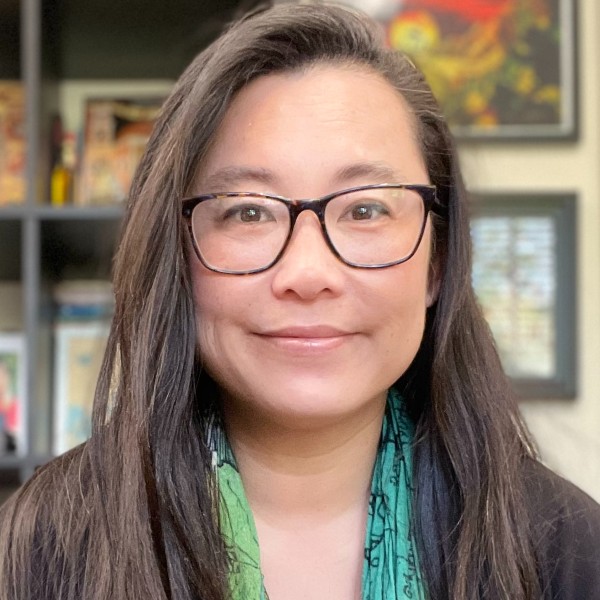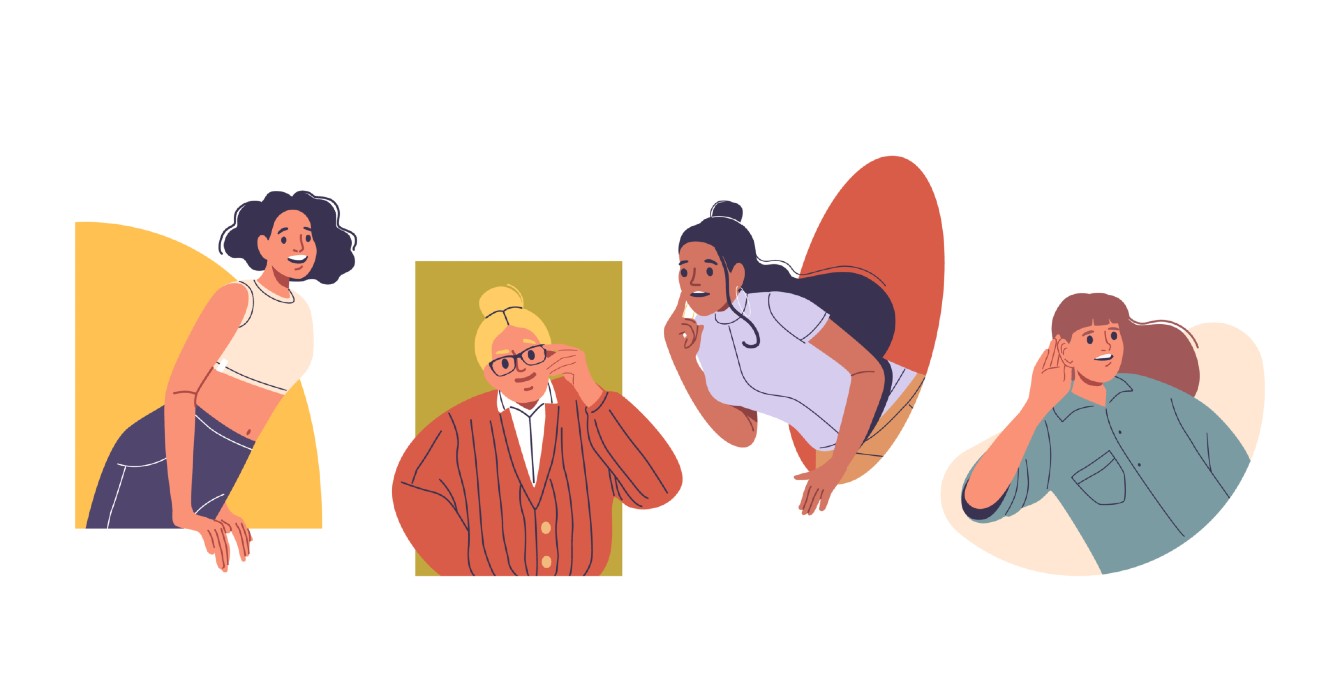Lee Wellington’s first job out of college was at the New York City mayor’s office, working under Mayor Michael Bloomberg.
At the time, Bloomberg’s administration was rezoning land away from manufacturing. But there was a push from the other side to retain that land, Wellington said, because manufacturing historically provided high-quality jobs with a pathway to the middle class. Wellington’s role was to think about maintaining places for manufacturing and its jobs that were seen as broadly accessible.
Now, with the manufacturing landscape shifting toward smaller technology- and craft-based firms, Wellington continues her work on industrial and economic development as the executive director of the Urban Manufacturing Alliance.
“One of my key tasks is to really broaden the definition of what it means to be a manufacturing practitioner,” Wellington said. “Some of the people that are doing this work are actually focused on building inclusive and connected neighborhoods, and that includes faith leaders. They have an important role to play in helping to shape the perception of the manufacturing sector.”

The Urban Manufacturing Alliance, which was founded in 2011, aims to showcase “current practices, programs and people that are uplifting manufacturing and creating more equitable communities,” according to the organization’s website. They do this work through policy research, online and in-person gatherings, and “communities of practice,” working groups for particular topic areas and industry clusters.
Wellington spoke about the potential, present and future of manufacturing in the U.S. with Faith & Leadership’s Katie Rosso. The following is an edited transcript.
Faith & Leadership: The Urban Manufacturing Alliance partners with faith leaders across the country to serve as advocates and ambassadors. Why is it important to make that connection between ministry and economic development?
Lee Wellington: First, I’d ask, “What does it mean to be a manufacturing practitioner?” I think historically, when we think about economic development, we lead with people or organizations that have economic development in their name or your typical chambers of commerce or city agencies. While those organizations all need to be at the table, if you want to have a strategy that’s truly equitable in capturing the talent of local communities, you need to bring community organizations to the table. These need to be organizations that are really connected to the residents.
So we’ve seen this movement of community development corporations and housing-focused organizations joining UMA, because there’s a recognition that creating neighbors is not just about creating affordable housing. It’s also about creating real career opportunities with family-sustaining wages.
And the same goes for faith-based organizations. We’ve seen them plug into our network in a variety of ways. I think the most interesting is around addressing perception gaps with the manufacturing sector.
In Chicago, there’s this amazing program called Ministers for Manufacturing, and it’s a chapter of Manufacturing Renaissance, which is a large manufacturing-focused organization in Chicago. They organized the ministers in Chicago for two reasons.
One, they realized that there were tons of unfilled jobs, with folks that were retiring out of manufacturing careers and company heads saying that they couldn’t find talent and then people that didn’t understand that those opportunities were there. And so the faith leaders are very well positioned to help do some of that matchmaking and shift the perception [to recognize] that manufacturing is not actually dying in most cities but experiencing a resurgence. It just looks and feels different than it used to.
These new places of manufacturing are actually the kinds of places that you want your kids to work in. It’s not the dirty old factory you once imagined from generations ago. Addressing that perception gap is one way that Ministers for Manufacturing has been really helpful. And I think that’s true among a lot of faith-based organizations across the country that are connecting into this world.
The other way we’ve seen them plug in is around mentorship. You can sort of reshape a perception about a career opportunity -- you can open up a door, but then you can also provide sustained support for people who are entering jobs that really do have career pathways that mean you need to have some longevity and follow the path. We see a real opportunity for faith leaders to provide support and compassion for people starting out on this path. In some ways, they can play a role in both educating the owners of companies and supporting the workforce.
Importantly, churches and faith organizations can cultivate manufacturing entrepreneurs. In a prior life, I worked on creating a vendor market in a neighborhood in Brooklyn, and many of the manufacturers that were part of that market were hidden in plain sight. A faith leader might know about the person that is running a catering business out of her home or has an amazing craft he’s honed or has some brilliant idea and is getting ready to bring a product to market. So [faith leaders] can tap into that base of entrepreneurs, which is going to be incredibly important as well.
F&L: I saw a theme throughout the UMA website about building new narratives for manufacturing. Why is it important to craft those new narratives?
LW: There are opportunities to find a job and maintain a job in the manufacturing sector, but what you hear widely in the media is about manufacturing job losses through either global forces or automation. What you don’t hear as much about is the smaller-scale entrepreneurial activities that are occurring within the manufacturing sector, as well as all the legacy firms that are in need of the next generation of their workforce.
And so the fact is that there are opportunities out there, and we as a practitioner community have a real obligation to lift up that narrative.
Then also the combination of technology and the shifting of values has created a dominant green manufacturing ethos. These are really clean facilities, and they’re pleasant places to work. But it’s not until you actually set foot in these facilities that you get to see that.
The other thing that we are really working toward is highlighting people of color that are both part of the manufacturing workforce and also in leadership positions all the way up to the very top of the manufacturing firm. That’s something that we’re committed to seeing happen in communities all across the country and is a real emphasis of our work.
F&L: Equity and inclusion is noted as one of the main priorities of UMA. What does an equitable maker ecosystem look like?
LW: It’s one where students have an opportunity to learn about manufacturing careers at very young ages. Where they are able to tap into mentors that they connect to. Where they can make that connection because they’re seeing people that look like them -- women, people of color. They need to see people in leadership positions that remind them of themselves. That can be a great motivator in getting on a career pathway. They need to have opportunities not only to get the specialized skills to work in a manufacturing business but also to tap into the capital that’s needed to grow or scale their own companies.
We have a group in Cincinnati called the Minority Business Accelerator, and one of the things that they’re doing is creating stronger networks, stronger ecosystems of these minority businesses, and linking them to procurement opportunities.
And I think a big part of it, too, is storytelling. It again comes back to building this new narrative that the faces of the maker movement are not always what they seem.
Some of it is indeed what it seems -- there are very stark capital gaps; there are uneven and unequal opportunities; there are closed networks; there are limited mentors. But I don’t think we’re doing a good enough job lifting up the successes. I also think there continues to be a real burden and opportunity to tap into the talent of both women and communities of color in this work.
F&L: What does the future look like for UMA and for manufacturing in general? What’s the ideal?
LW: I think the ideal is that when we talk to an organization and introduce an organization to our work, we no longer have to convince them that they are in fact part of the manufacturing ecosystem. The same way that we all come together around parks and open space or housing, we’re also coming together around a sector that provides not only a foundation for economic development in cities but a foundation for equitable community development. That’s something UMA is really committed to doing -- to strengthening the network, lifting up the work of our faith-based organizations, among others, and hoping that the stories of some encourage the actions of others.










